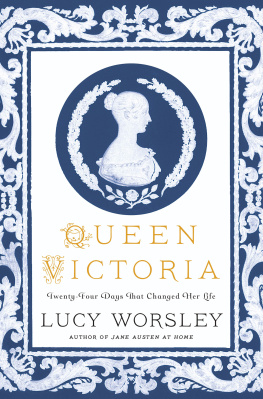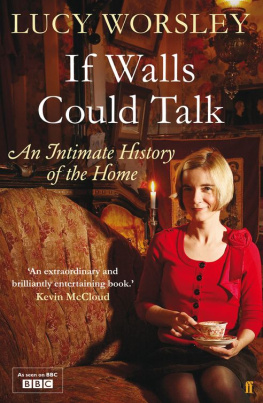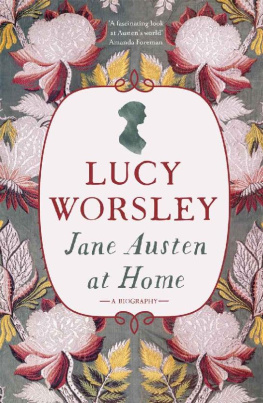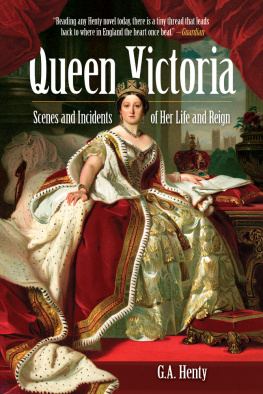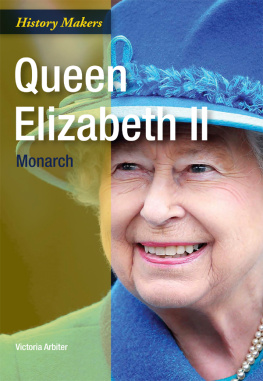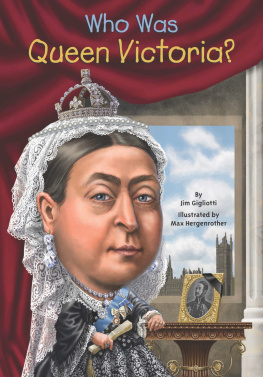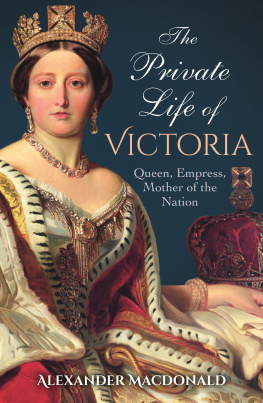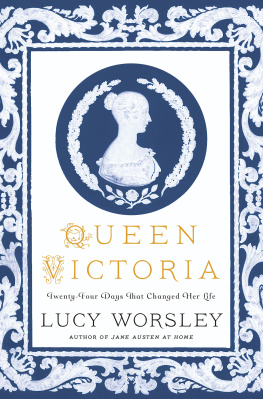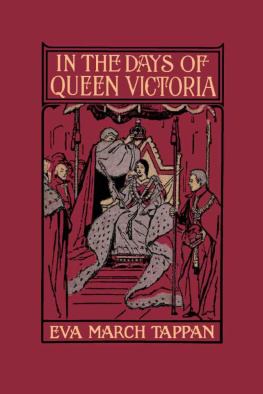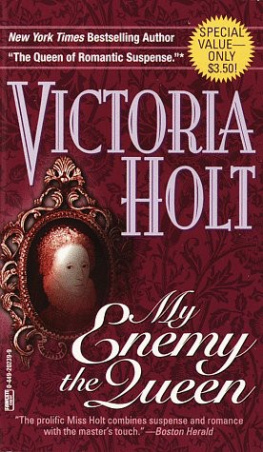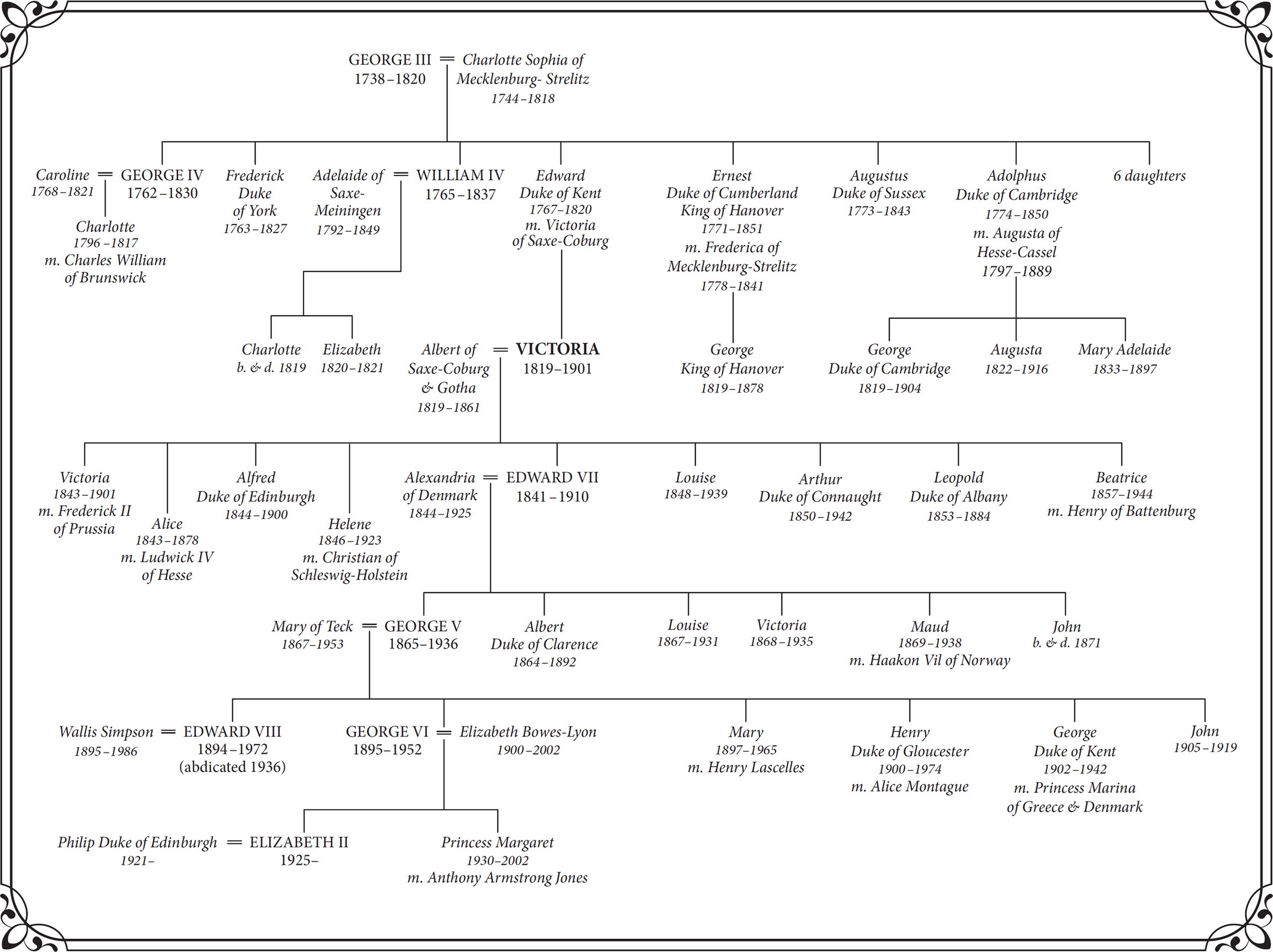Contents
Guide
The author and publisher have provided this e-book to you for your personal use only. You may not make this e-book publicly available in any way. Copyright infringement is against the law. If you believe the copy of this e-book you are reading infringes on the authors copyright, please notify the publisher at: http://us.macmillanusa.com/piracy.
Thank you for buying this
A Hodder & Stoughton Book ebook.
To receive special offers, bonus content,
and info on new releases and other great reads,
sign up for our newsletters.

Or visit us online at
us.macmillan.com/newslettersignup
For email updates on the author, click here.
LUCY WORSLEY is an historian, author, curator and television presenter. Lucy read Ancient and Modern History at New College, Oxford and worked for English Heritage before becoming Chief Curator of Historic Royal Palaces, based at Hampton Court. She also presents history programmes for the BBC including Empire of the Tsars: Romanov Russia with Lucy Worsley and Lucy Worsleys Reins of Power: The Art of Horse Dancing. Her bestselling books include A Very British Murder: The Curious Story of how Crime was Turned into Art, If Walls Could Talk: An Intimate History of the Home, Courtiers: the Secret History of the Georgian Court and Cavalier: The Story of a 17th century Playboy. She lives in London, England. You can sign up for author updates here.

NONFICTION
Cavalier: A Tale of Chivalry, Passion, and Great Houses
The Courtiers: Splendor and Intrigue in the Georgian Court at Kensington Palace
If Walls Could Talk: An Intimate History of the Home
A Very British Murder
Jane Austen at Home: A Biography
FICTION
Eliza Rose
My Name Is Victoria
Lady Mary
Queen Victoria
Twenty-Four Days That Changed Her Life
LUCY WORSLEY

QUEEN VICTORIA . Copyright 2018 by Lucy Worsley. All rights reserved.
Printed in the United States of America. For information, address
St. Martins Press, 175 Fifth Avenue, New York, N.Y. 10010.
www.stmartins.com
Library of Congress Cataloging-in-Publication Data
Names: Worsley, Lucy, author.
Title: Queen Victoria : twenty-four days that changed her life / Lucy Worsley.
Description: New York : St. Martins Press, 2018. | Includes bibliographical references and index.
Identifiers: LCCN 2018039820 | ISBN 9781250201423 (hardcover) | ISBN 9781250201430 (ebook)
Subjects: LCSH: Victoria, Queen of Great Britain, 18191901. | QueensGreat BritainBiography. | Great BritainHistoryVictoria, 18371901.
Classification: LCC DA554 .W87 2018 | DDC 941.081092 [B]dc23
LC record available at https://lccn.loc.gov/2018039820
Our books may be purchased in bulk for promotional, educational, or business use. Please contact your local bookseller or the Macmillan Corporate and Premium Sales Department at 1-800-221-7945, extension 5442, or by email at .
First published in Great Britain by
Hodder & Stoughton, an Hachette UK company
First U.S. Edition: January 2019
To Ned and Mark
A n early piano composition of mine, entitled Purple Velvet for Queen Victoria, was a sombre and rather menacing funeral march. Like many kids, I grew up believing that the queen was, for some unknown reason, in mourning her whole life long. The most powerful, memorable images of Victoria show her as a little old lady, potato-like in appearance, dressed in everlasting black.
In recent years, there have been many attempts in popular culture for example, the cinema film Young Victoria, or the television series Victoria to overturn this funereal image. The big and small screens have both shown us a less decorous, more passionate young princess who loved dancing. We seem to have ended up with two Victorias, bearing no clear relationship to each other. How did she go from dancing princess to potato?
Thats a tale worth telling, but in this book I also want to present a third Victoria. The little old lady, sullen in expression, gloomy in dress, proved to be a remarkably successful queen, one who invented a new role for the monarchy. She found a way of being a respected sovereign in an age when people were deeply uncomfortable with having a woman on the throne.
Perhaps the Victorians were even less comfortable with women in power than, say, the Tudors, with Elizabeth I, or the Stuarts, with Queen Anne. I believe that Victoria got around this by working out rather a clever way of ruling that we might characterise as stereotypically feminine. She operated by instinct rather than logic, emotion rather than intellect. This turned out to be perfect for an institution like the monarchy. It had lost its cold hard power, but it might through gesture and spectacle be able to retain its influence. The accident of her gender turned out to be just what the monarchy needed.
But what did this cost Victoria as a human being? An awful lot, I think. As well as a queen, she was also a daughter, a wife and a widow, and at each of these steps along lifes journey, she had to perform all sorts of troubling mental contortions to conform to what society demanded of a woman. On the face of it, she was deeply socially conservative. The idea of votes for women, for example, disgusted her. But if you look at her actions rather than her words, she was in fact tearing up the rulebook for how to be female.
And Im particularly interested in Victorias years as a widow. Her early life was so traumatic and dramatic that biographers in the past have tended to concentrate upon it, and theres a plethora of books about the young queen. Only in maturity did she come out of the shadow of her husbands domineering personality, to emerge imperious, eccentric and really rather magnificent.
People in the process of writing a biography are often asked, do you like your subject? In the case of Victoria, the answer is complex. She could be a monster. Her children could have told you of terrible flaws in her parenting. She could be inconsistent, dictatorial and selfish. But her own horrid upbringing, redeemed only by occasional bright shafts of love and light, means that it would be a stony heart that felt no pity for the human being she was.
And theres much to admire too. She was never vain. She was, in her peculiar way, hard-working, and deeply committed to her unchosen task. Her job made impossible demands upon her, and yet theres a sense of buoyancy about her, and idiosyncrasy, and an energy that sweeps you onto her side. I think that her life was, all things considered, a hard one. Not materially hard, but hard in the sense that enormous wealth and celebrity can put pressure on a human being. She required massive mental resilience. So, do I like her? The answer is yes, initially hesitant, but ultimately resounding.

